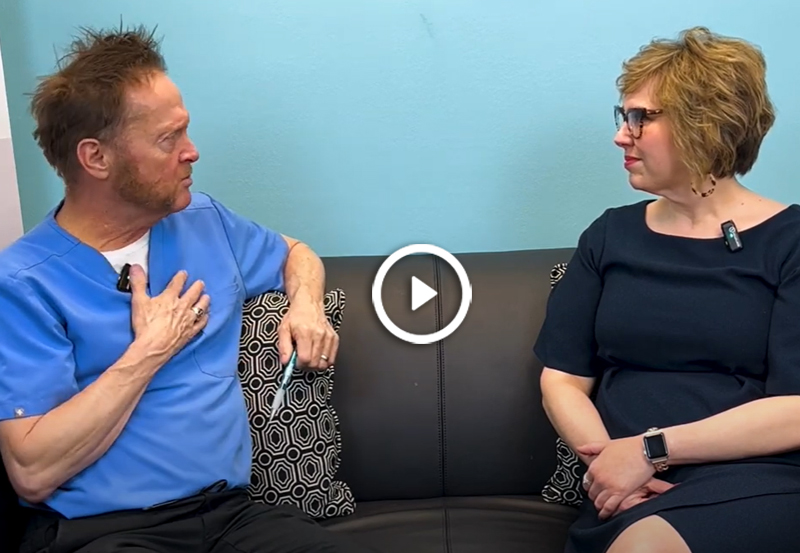
Bradley shares his journey with CHI St. Vincent's HeartSmart screening program.

Do you ever say “I love you with all my heart” to someone? Why not show them by taking care of your heart! Start today by taking steps to reduce your risk of heart disease.
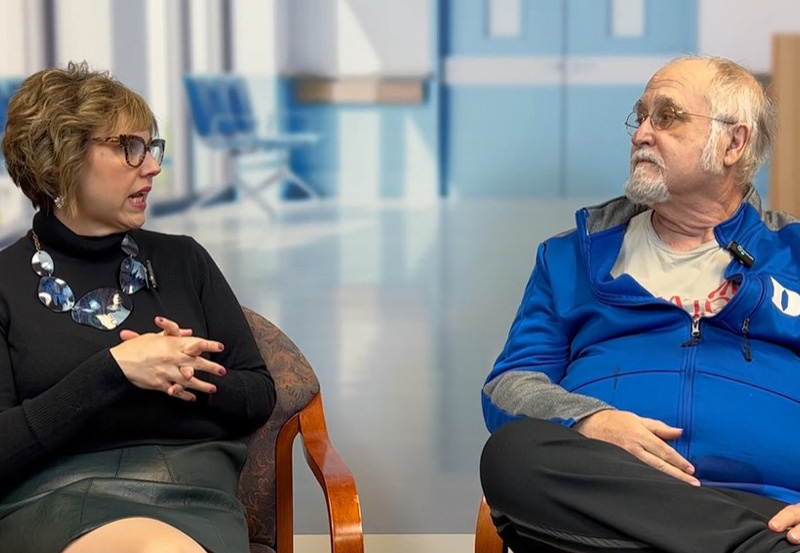
The CHI St. Vincent HeartSmart Screening Program revealed Patrick had major blockage and required a triple bypass surgery. Patrick said he's fortunate to be alive and credits his doctor for recommending the program.
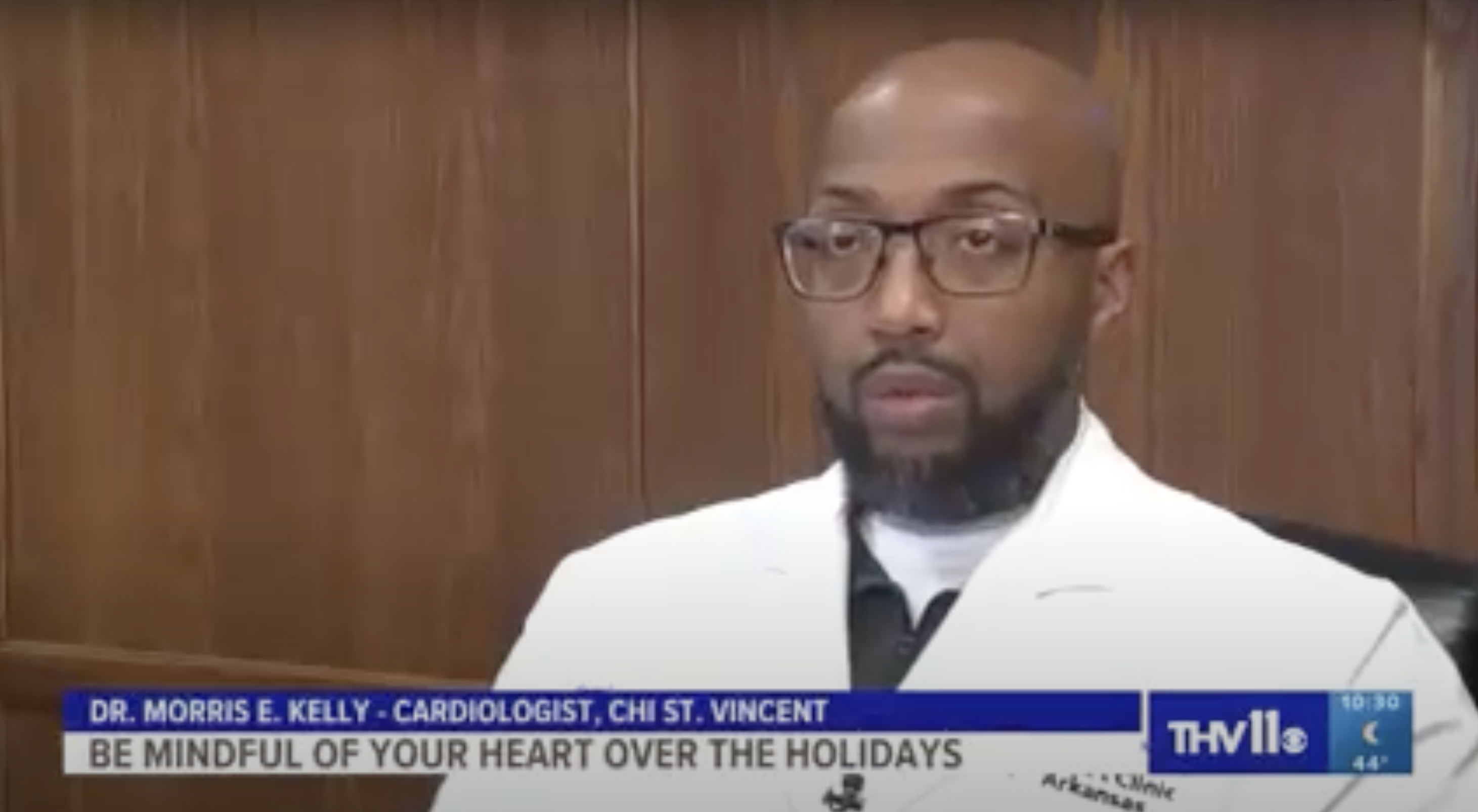
Dr. Morris Kelley, CHI St Vincent Heart Institute cardiologist, discusses how the stress of the holidays can lead to potential heart attacks.

High blood pressure can lead to heart attack or stroke. “The heart pumps blood and then relaxes. With every beat when it pumps, the blood pressure goes up and then slightly comes down,” says Sibghat Tul Llah, M.D.

Peripheral Arterial Disease, or PAD, is when blood flow is restricted because of a build-up of plaque in the arteries. Dr. Yazan Ghosheh, Interventional Cardiology, describes symptoms and treatment of PAD.

Aortic valve stenosis is one of the most common and serious heart problems, but many patients like John Dinofrio don’t recognize symptoms until their blood flow becomes greatly restricted.

The CHI St. Vincent Heart Institute developed the new HeartSmart Screening Program to help patients identify, manage and treat early signs of heart disease.

Heart surgery is one of the most common medical procedures performed each year, but the experience is new to each patient. Two CHI St. Vincent heart surgeons answers some common questions about when heart disease requires surgery and what recovery looks like.

Interventional cardiologist Dr. Anthony Fletcher served patients across the central Arkansas community for more than three decades. He shares what sparked his interest in cardiology and what it means to him to improve the lives of his patients.

Sleep habits have a profound impact on our well-being. If we don’t get adequate sleep, it affects the way we start the day. Try our tips for a better night's sleep.

High blood pressure and heart disease can be a silent killer, but you can fight back by learning how to know your numbers.

A fun way to improve your heart health is dance. Dancing works your heart and lungs, which can improve your cardiovascular health. As you dance, your heart rate increases to pump more oxygenated blood to the muscles you are using.

Even if you have no symptoms, you may still be at risk for heart disease. That's why CHI St. Vincent created the preventative HeartSmart Screening Program.

A former-Marine battling COVID-19 was running out of options in Alabama, but then encountered the compassionate care of a nurse at CHI St. Vincent Infirmary in Little Rock.

Steps to reduce your risk for heart disease shouldn't begin at a hospital. CHI St. Vincent Hot Springs cardiologists share tips to begin the journey to a heart healthy lifestyle at home.

Vascular surgeons at CHI St. Vincent work to address the root causes of heart disease throughout the body.
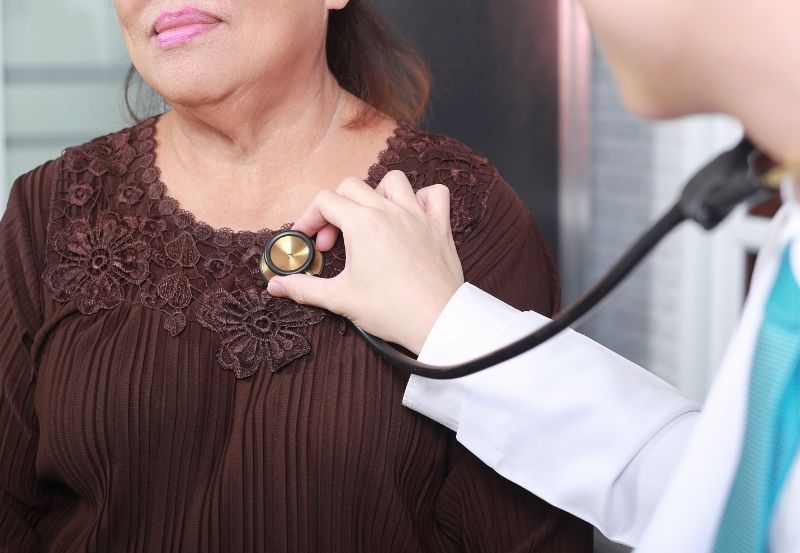
Taking care of your heart health doesn’t just mean receiving quality care when a problem presents itself. Successful treatment for heart disease also relies on early detection and preventative care.
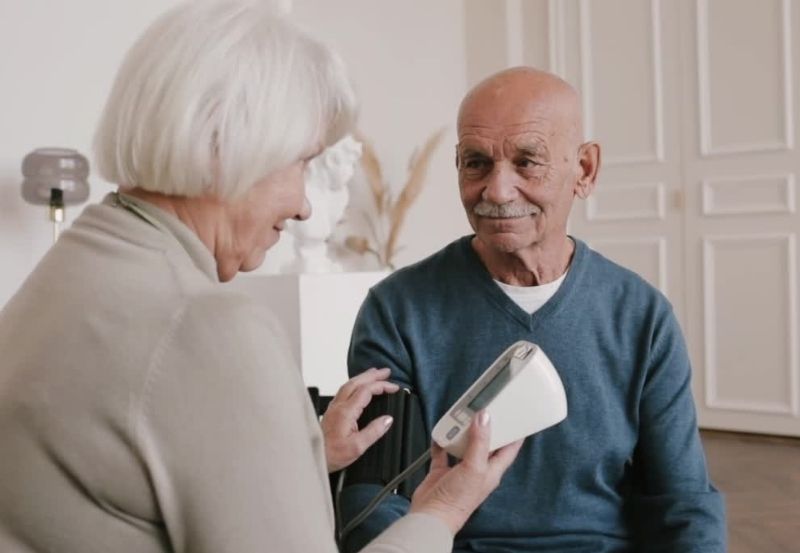
Daily life has certainly changed during the pandemic and for many that includes how they receive heart care. Dr. Anthony Fletcher says we should take this opportunity to refocus on the basics.
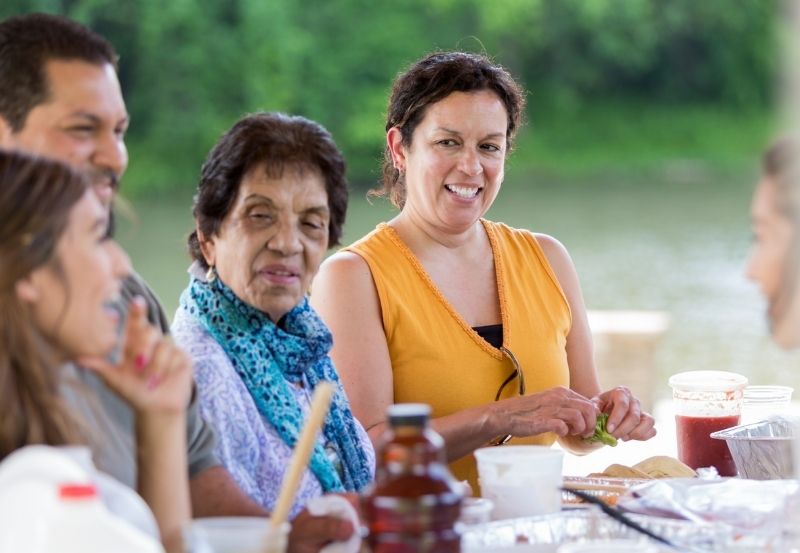
Heart disease remains the leading cause of death for women in the United States, accounting for approximately one in every four deaths. Much like it is for men, the key for women is to prioritize a heart healthy lifestyle.
